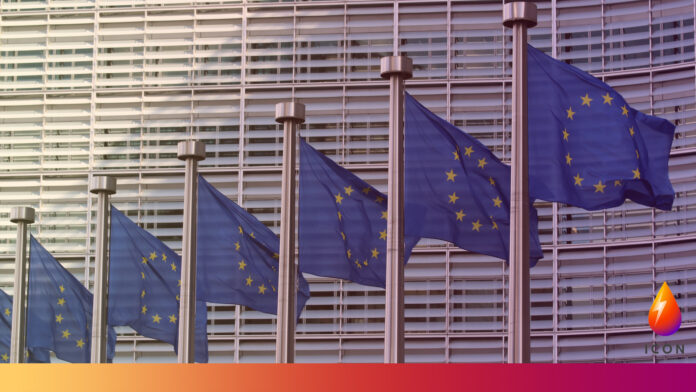The European Commission has presented its Communication on Decent Work Worldwide, which reaffirms European Union’s commitment to champion decent work, with a particular focus on the elimination of child labour and forced labour.
As part of this approach, the Commission is preparing a new legislative instrument to effectively ban products made by forced labour from entering the EU market, as announced by President von der Leyen in her State of the Union address 2021.
This instrument will cover goods produced inside and outside the EU, combining a ban with a robust enforcement framework.
According to the Commission, it will build on international standards and complement existing horizontal and sectoral EU initiatives, in particular the due diligence and transparency obligations.
Executive Vice-President for an Economy that Works for People, Valdis Dombrovskis, commented on the announcement: “The EU economy is connected to millions of workers around the world through global supply chains.
“Decent work is in the interest of workers, businesses and consumers everywhere: they all have the right to fair and appropriate conditions. There is no place for lowering basic labour standards as a means to gain competitive advantage.
“We will continue to promote decent labour standards worldwide, making sure of a key role for social dialogue as we work for a fair and strong recovery.”
The Communication sets out upcoming and existing EU tools in four areas:
- EU policies and initiatives with outreach beyond the EU, with key tools including policies setting standards that are described as ‘global frontrunners for corporate responsibility and transparency’, such as the proposal for a directive on corporate sustainability due diligence and the forthcoming legislative proposal on forced labour.
- EU bilateral and regional relations, with key tools including EU trade policy, which promotes international labour standards.
- The EU in international and multilateral fora, with key tools including EU support for the reform of the World Trade Organisation (WTO) to integrate the social dimension of globalisation.
- Engagement with stakeholders and in global partnerships, with key tools including EU support for social partners to ensure respect of labour rights in supply chains.
As part of its “Just and sustainable economy package”, the Commission also tabled a proposal for a Directive on corporate sustainability due diligence, which aims to foster sustainable and responsible corporate behaviour throughout global value chains.
The Commission has invited the European Parliament and the Council to endorse the approach set out in the new Communication and to work together to implement its actions. The Commission will regularly report on its implementation.
More information about this announcement is available on the European Commission website.
